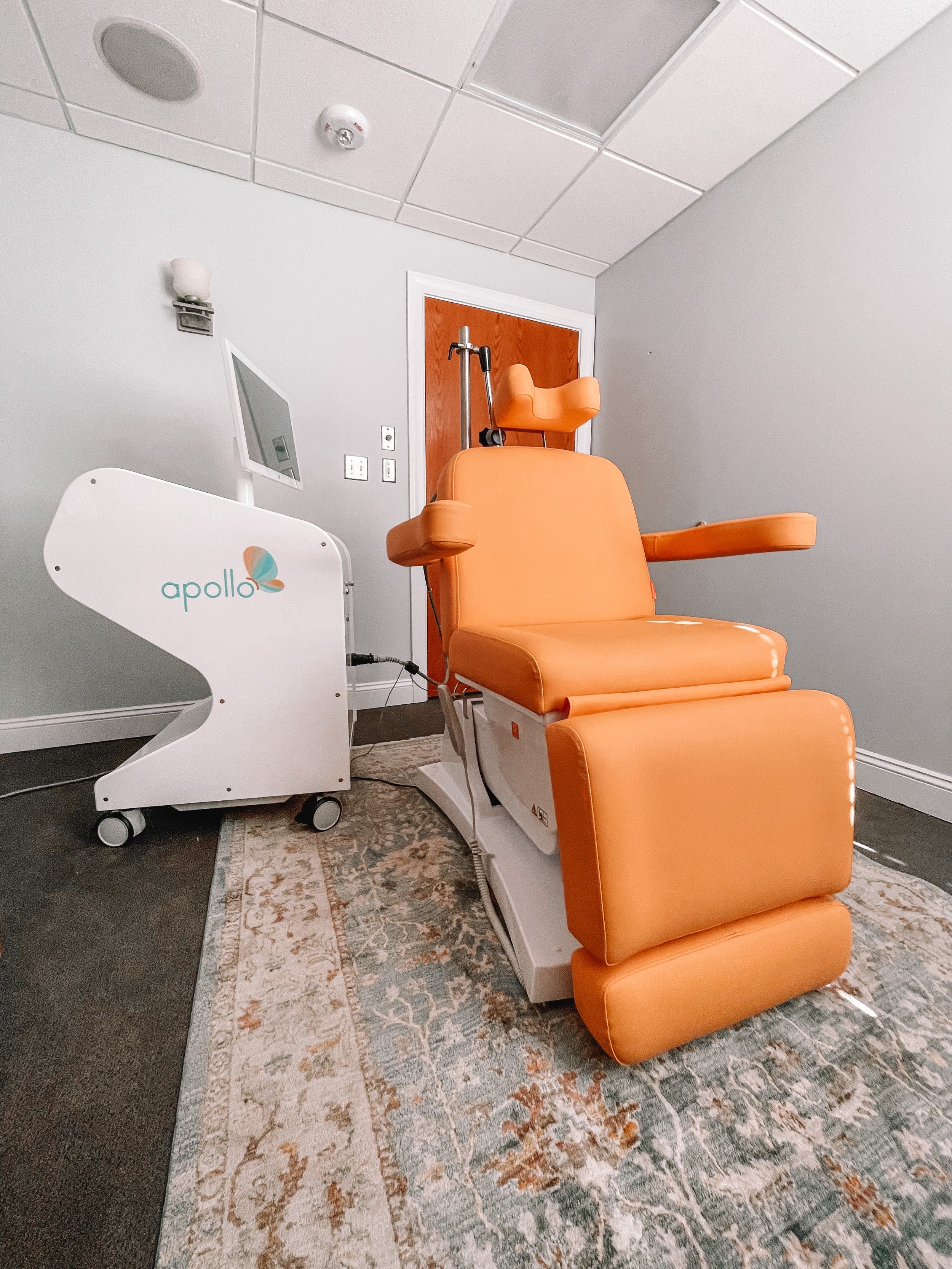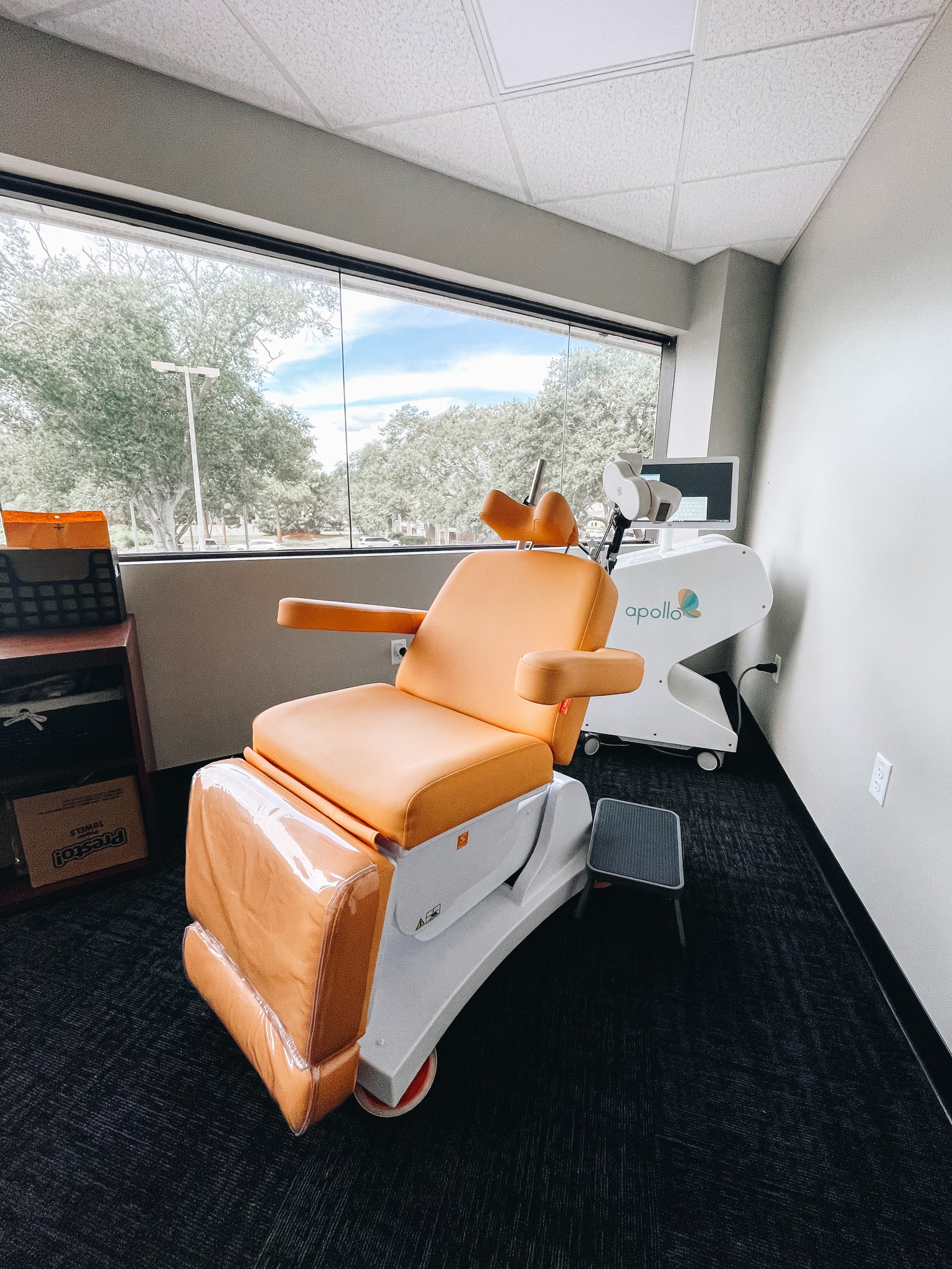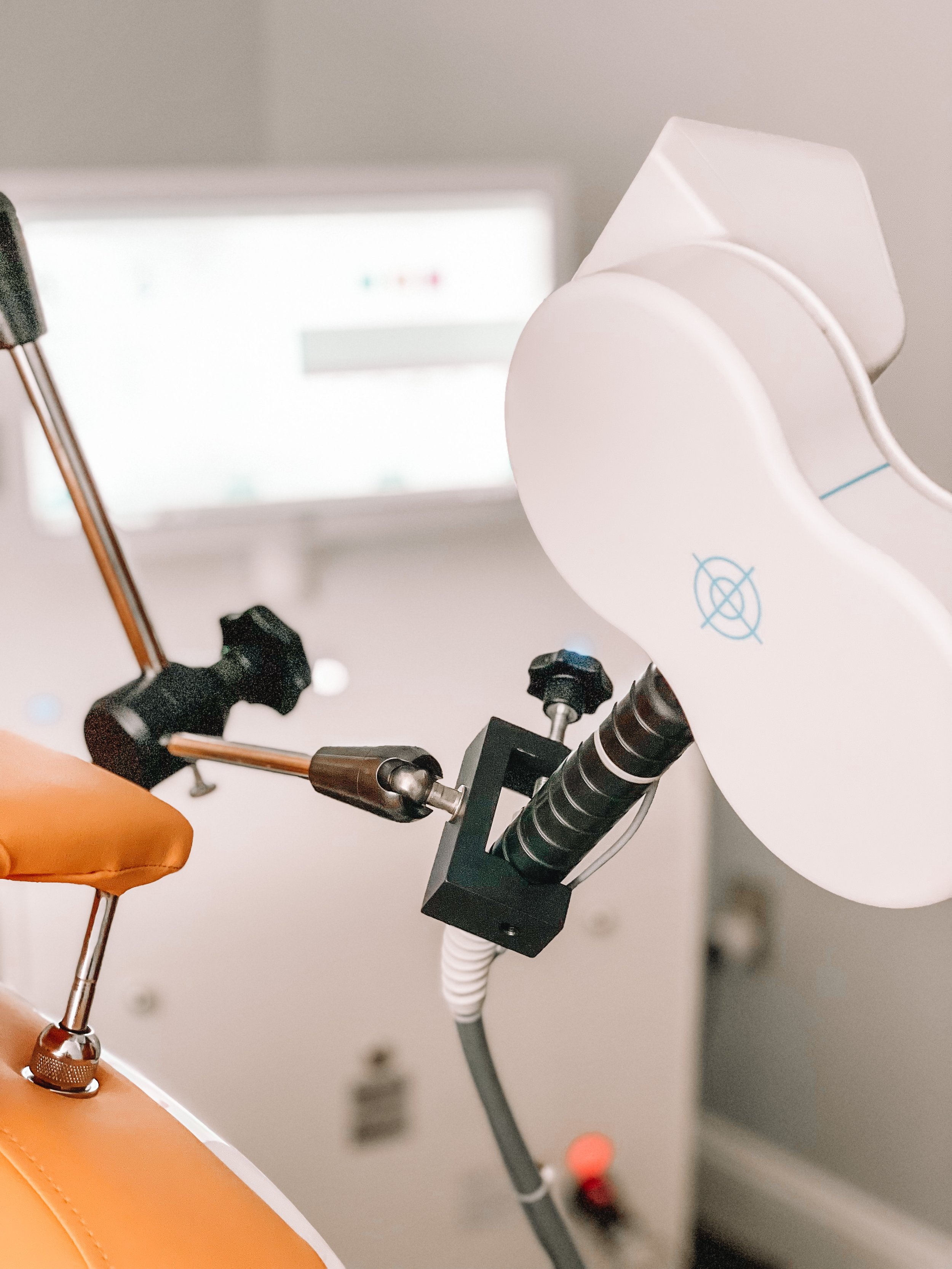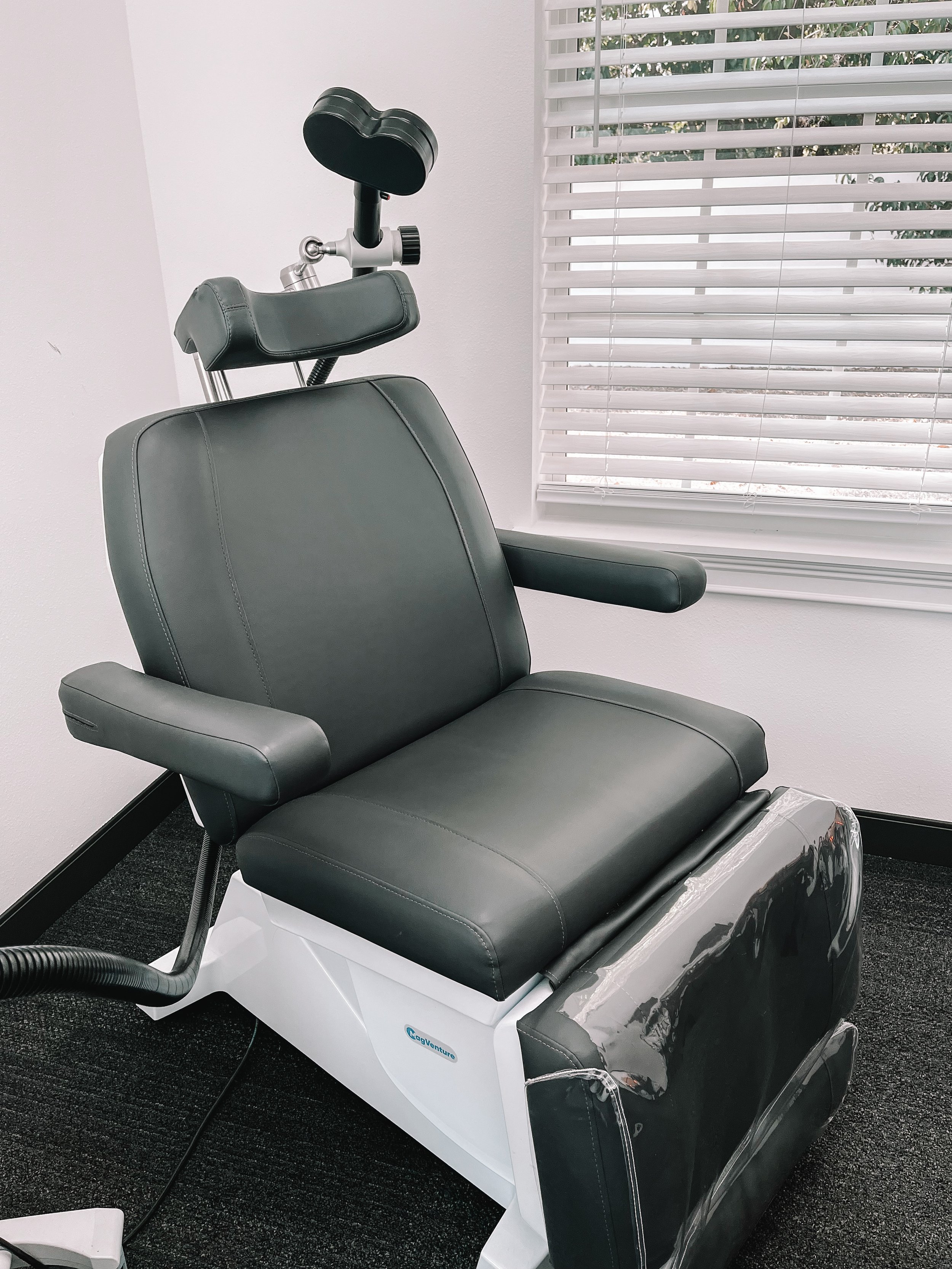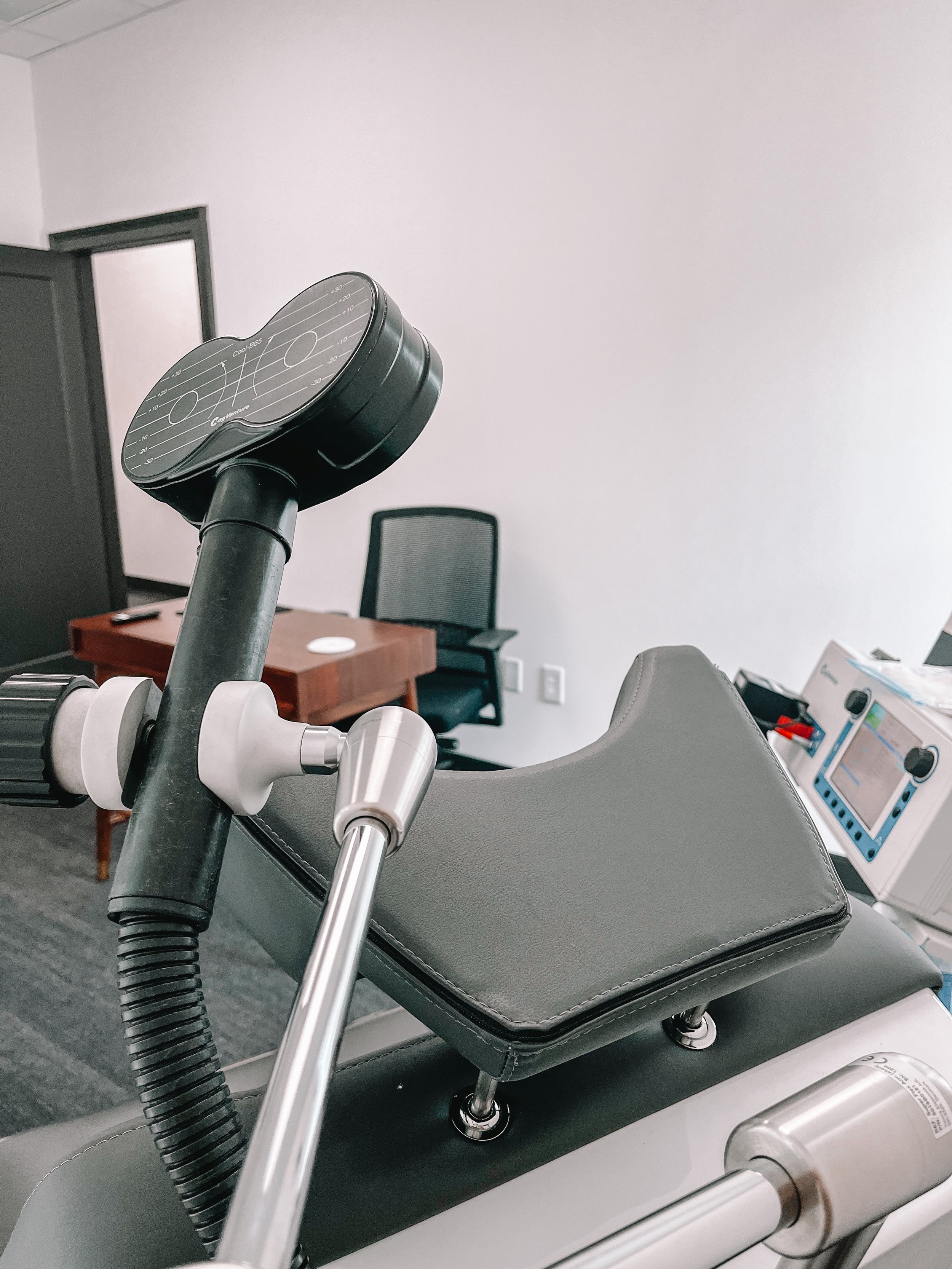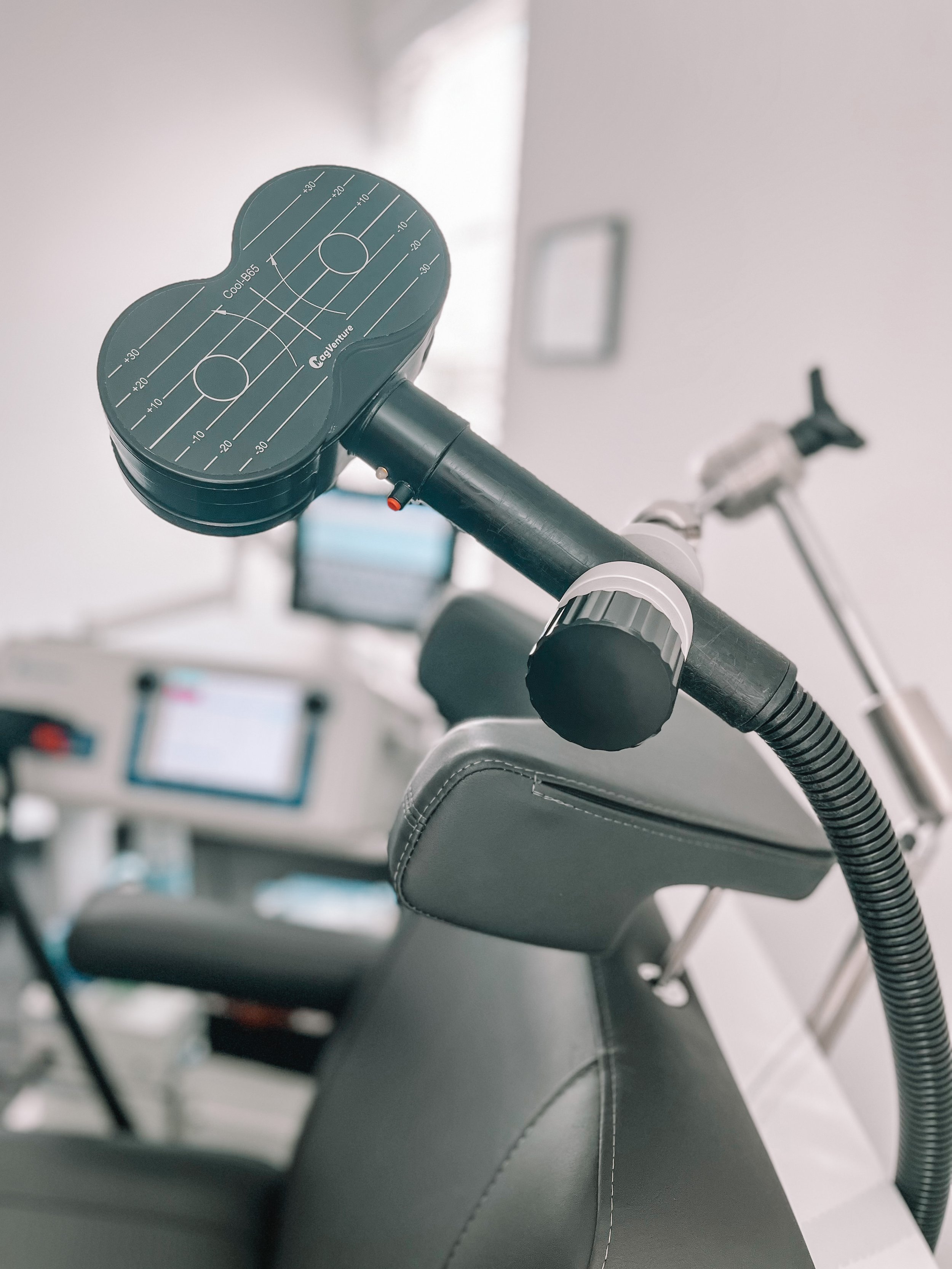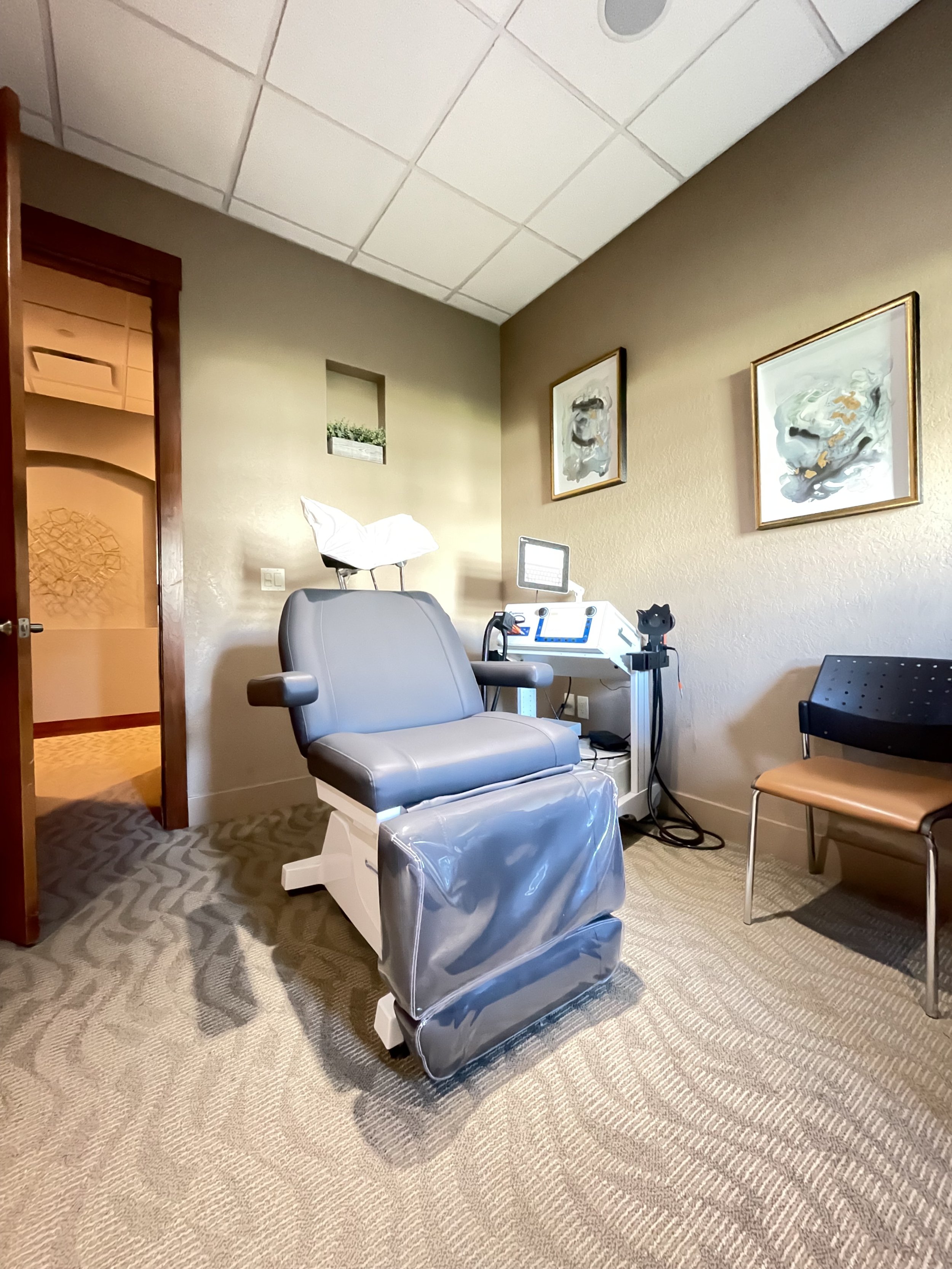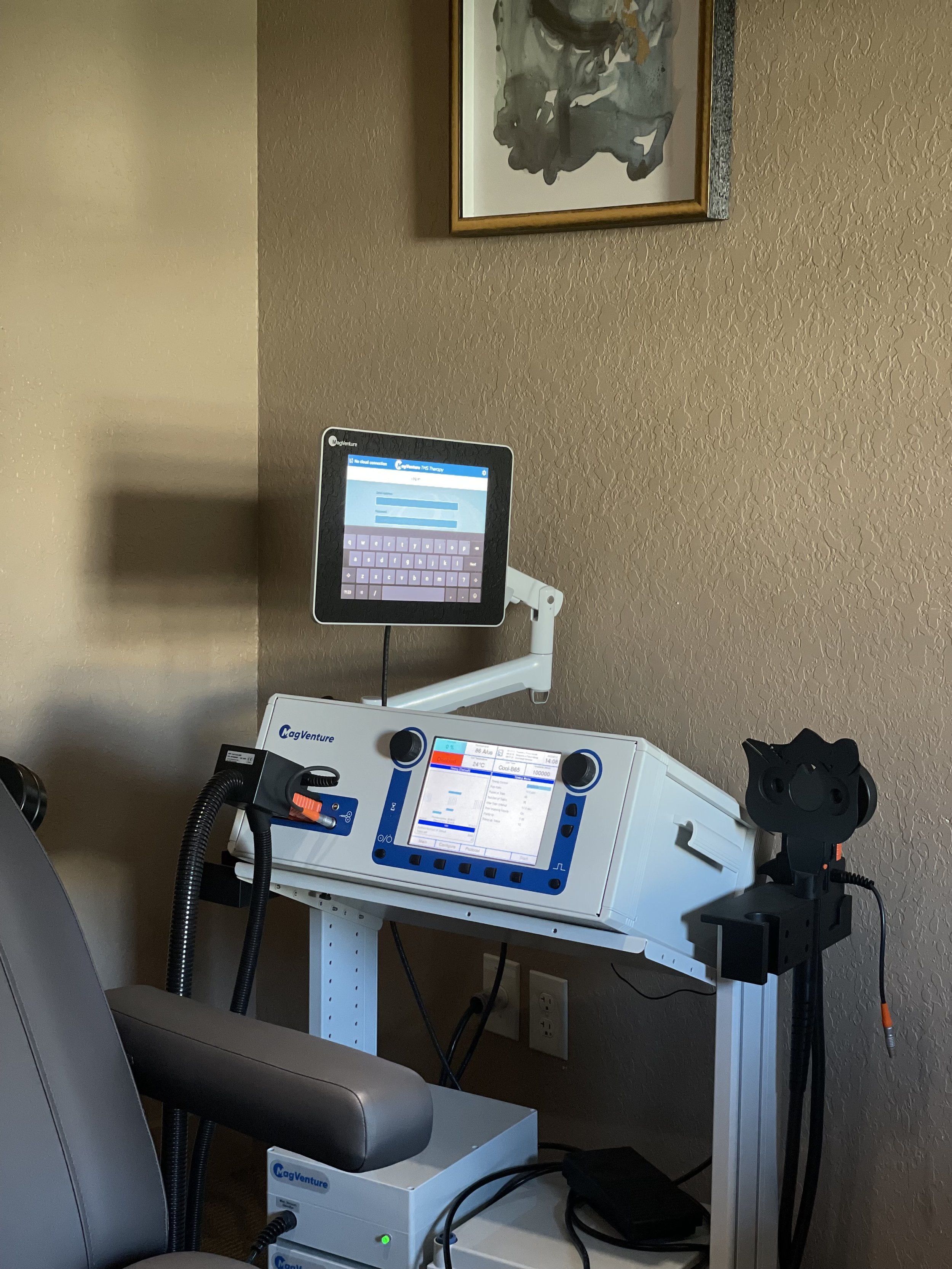What is Traumatic Brain Injury (TBI)?
TBI occurs when physical trauma to the head results in injury to the underlying brain. A concussion is a mild severity TBI. As an example, a person who is playing football can hit their head on the field but have no injury to the brain. Although this is a head injury, it is not a TBI. A more severe injury of the same type can injure nerve cells within the brain, which we would call a TBI.
We deduce that injury to nerve cells has occurred if any number of neurological symptoms are present immediately after the injury. This includes confusion, loss of consciousness, or memory impairment. Brain imaging techniques like CT or MRI can be helpful in grading the severity of the injury.
What are the consequences of Traumatic Brain Injury (TBI)?
The symptoms that people commonly encounter include headache, dizziness, poor concentration, fatigue, insomnia, depression, anxiety, and impulsivity. About 80 to 90 percent of mild TBI / concussion symptoms resolve within three months of the injury.
It is common for emotional or behavioral problems (such as depression, anxiety, irritability, impulsivity, apathy) to persist despite the resolution of neurological symptoms (headache, dizziness, visual problems. The emotional and behavioral problems that occur with TBI are the result of disrupted brain circuits. These symptoms can mimic traditional psychiatric disorders like major depression, bipolar disorder, and schizophrenia.
Another major problem that occurs after TBI is cognitive impairment, which we can describe as problems with processing information. There are a number of different ways in which we process information including storing memories, pulling memories from their storage sites, organizing/sequencing/executing tasks, focusing on tasks, and shifting attention from task to task, amongst others.
How do you treat the consequences of Traumatic Brain Injury (TBI)?
As will all neuropsychiatric disturbances, the basis of treatment starts with a diagnosis. An understanding of brain circuits is necessary to understand how TBI can result in certain clusters of either emotional, behavioral, or cognitive symptoms.
In traditional psychiatry, a person who has decreased interest in pursuing their usual activities will be thought to have depression. Whereas, in the absence of other features of clinical depression, a neuropsychiatrist may recognize this to be an apathy syndrome due to a specific area of the brain that has been injured.
Similary, traditional psychiatry may view someone with mood swings and aggression to have bipolar disorder, in the absence of other features of bipolar disorder, a neuropsychiatrist may recognize this to be a dysexecutive syndrome due to certain areas of the brain that have been injured.
It is also important to note that neuropsychiatric symptoms in the context of traumatic brain injuries can result in hormonal imbalances, sleep disorders, seizure activity, or even disturbance of brain areas involving vision.
Cognitive impairment can be difficult to diagnose without formal evaluation and testing. As mentioned for other neuropsychiatric problems, the basis of treatment starts with a diagnosis. Once we know which cognitive domains are impaired, we will know which treatments will be most helpful.
Overall, treatment of TBI is through medication, psychotherapy, rehabilitation psychology, cognitive rehabilitation through speech/language therapy, occupational therapy, physical therapy, and vision therapy.

